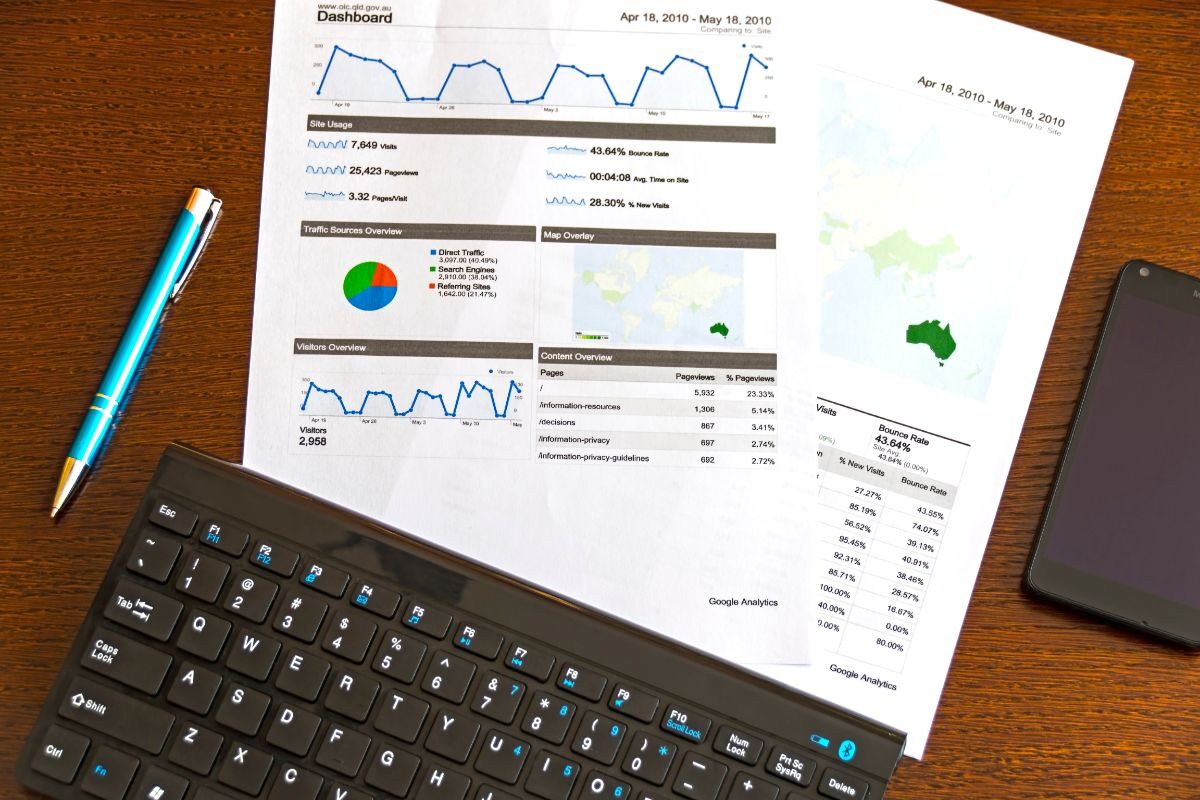First stock market listing – How an Initial Public Offering (IPO) works
An Initial Public Offering (IPO) marks a company's entry to the stock market and requires careful preparation as well as the involvement of investors.

An Initial Public Offering is described as the first stock market launch of a company. Companies suitable for the stock market must find initial investors before their shares can be traded on the exchange.
After the business has been successful for several years, many founders aim to go public. This first public offering of shares at an exchange is referred to as an Initial Public Offering (IPO). There are various reasons for such a stock market launch. An IPO typically proceeds as follows:
Assessment of stock market suitability
As a first step, it must be determined whether the company meets the general requirements for the IPO. In addition to formal regulations, such as accounting standards, compliance with Corporate Governance guidelines is also required at the SIX Swiss Exchange. A Due Diligence review is also usually part of the preparation phase.
Underwriter assumes risk
If a company is suitable for the IPO, a so-called underwriter is commissioned with the stock market launch. The underwriter buys the shares from the company and then sells them to investors. This is also referred to as the underwriter assuming the risk. The term is misleading in that the underwriter carries a low risk of loss in this country. Most such companies know how to hedge against it.
Bookbuilding determines the company's value
In the bookbuilding process, it is determined at what value the shares should be traded at during the IPO. The price is set based on experience data or by comparing it with similar companies that are already on the stock exchange. Typically, the price is lower than the actual estimated value of the company. This discount is intended to attract investors. The shares are then allocated to the recruited initial investors at the agreed price.
Secondary trading follows the IPO
After the IPO, the company's shares can be traded at the chosen exchange, such as the SIX Swiss Exchange. Depending on the popularity or trustworthiness of the company, its shares might be traded at a higher or lower rate than the original price. Typically, however, the trading price is significantly above the allotment price, because a discount was considered in the latter.
Findea helps you keep your taxes simple and hassle-free
.gif)
.gif)
.jpg)

.jpeg)